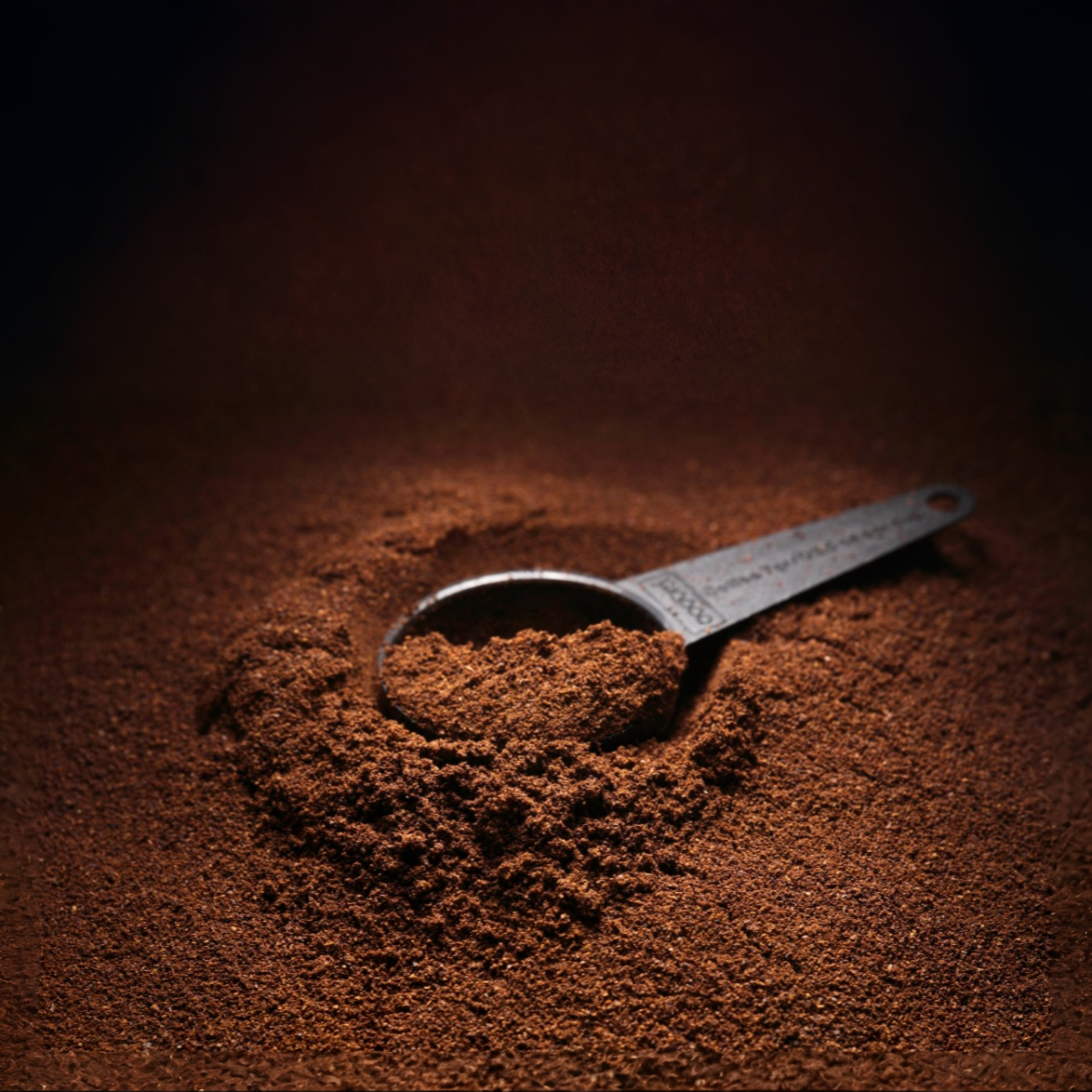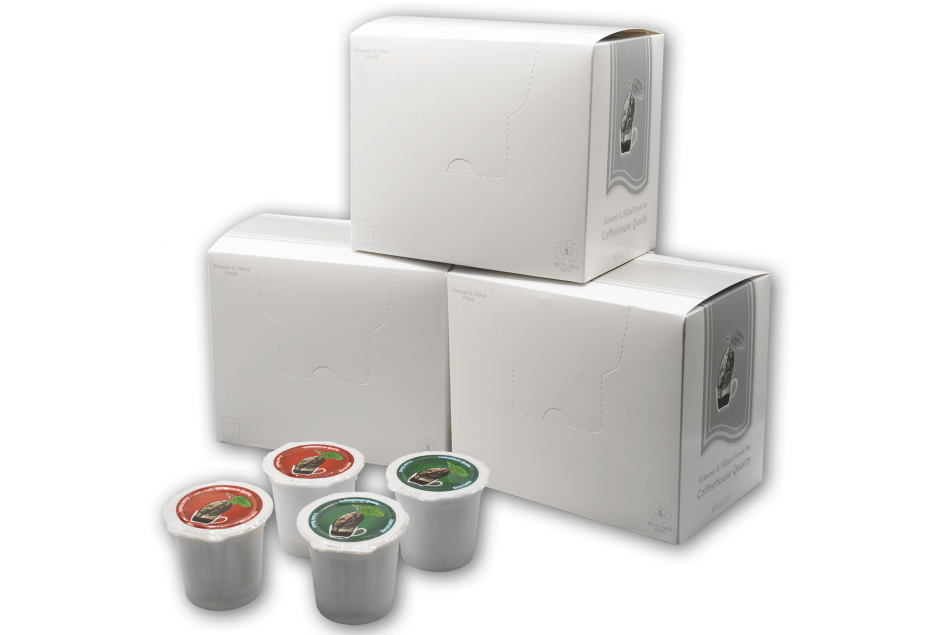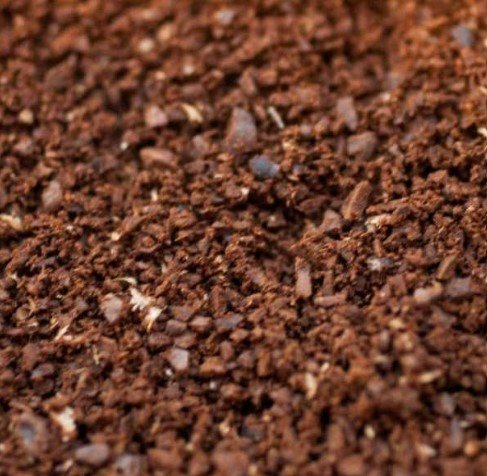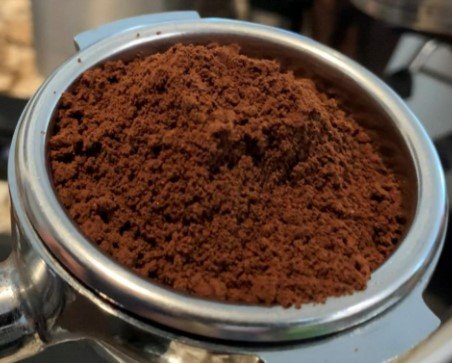 Image 1 of 6
Image 1 of 6

 Image 2 of 6
Image 2 of 6

 Image 3 of 6
Image 3 of 6

 Image 4 of 6
Image 4 of 6

 Image 5 of 6
Image 5 of 6

 Image 6 of 6
Image 6 of 6







EL SALVADOR: Cerro Las Ranas (Honey Processed)
Cerro Las Ranas (the Hill of Frogs) coffee is named after the farm’s lagoon that is populated by thousands of frogs located in Apaneca within the department of Ahuachapan, El Salvador.
The coffee is produced by JASAL, a family-owned operation where Jose Antonio Salaverria and his sons take great pride in their meticulous attention to detail, from year-round farm management to quality control in the cupping lab, and everything in between. In the pulped natural process (also called a honey process), Jose pulps perfectly ripened cherries and then dries the coffee beans, still covered in mucilage, on clay patios while constantly turning the beans to ensure even drying. This process provides a more consistent product than a full natural while still bringing some of the great attributes of a natural processed to the cup profile.
Tasting Notes: A lovely slightly-exotic daily drinker. Light to medium roasts are preferred with our favorite roast being right in the middle. Lighter roasts have a hint of floral/citric acidity with just a touch of sweet and delicate red fruit coming from the honey processing. A bit on the nutty/chocolaty side for its balance, starts as a dry nutty at very light roasts, turns more chocolaty as the roast gets darker.
A little front-loaded with the more acidic and fruity tones at traditional light roasts. Medium roasts have better balance between light an dark tones cutting out some acidity; smooth, rich, sweet edged. Dark roast loses the more exotic acidity and fruity edge but turns very thick, nutty, semi-sweet chocolaty with smoky accents.
Cerro Las Ranas (the Hill of Frogs) coffee is named after the farm’s lagoon that is populated by thousands of frogs located in Apaneca within the department of Ahuachapan, El Salvador.
The coffee is produced by JASAL, a family-owned operation where Jose Antonio Salaverria and his sons take great pride in their meticulous attention to detail, from year-round farm management to quality control in the cupping lab, and everything in between. In the pulped natural process (also called a honey process), Jose pulps perfectly ripened cherries and then dries the coffee beans, still covered in mucilage, on clay patios while constantly turning the beans to ensure even drying. This process provides a more consistent product than a full natural while still bringing some of the great attributes of a natural processed to the cup profile.
Tasting Notes: A lovely slightly-exotic daily drinker. Light to medium roasts are preferred with our favorite roast being right in the middle. Lighter roasts have a hint of floral/citric acidity with just a touch of sweet and delicate red fruit coming from the honey processing. A bit on the nutty/chocolaty side for its balance, starts as a dry nutty at very light roasts, turns more chocolaty as the roast gets darker.
A little front-loaded with the more acidic and fruity tones at traditional light roasts. Medium roasts have better balance between light an dark tones cutting out some acidity; smooth, rich, sweet edged. Dark roast loses the more exotic acidity and fruity edge but turns very thick, nutty, semi-sweet chocolaty with smoky accents.



















